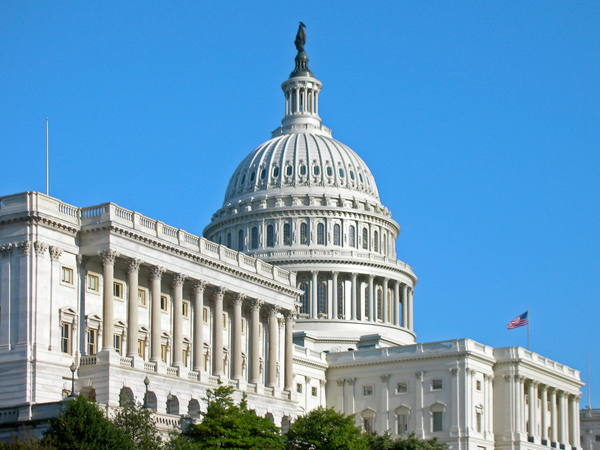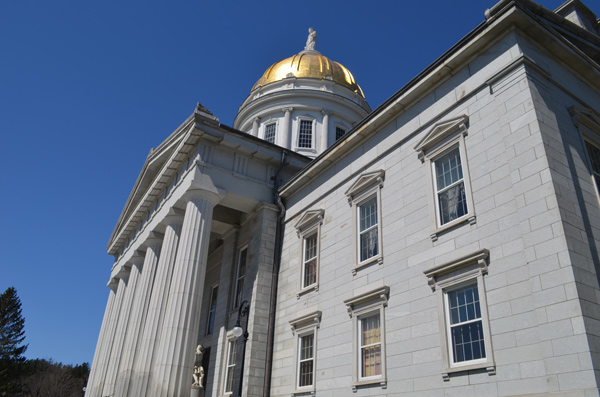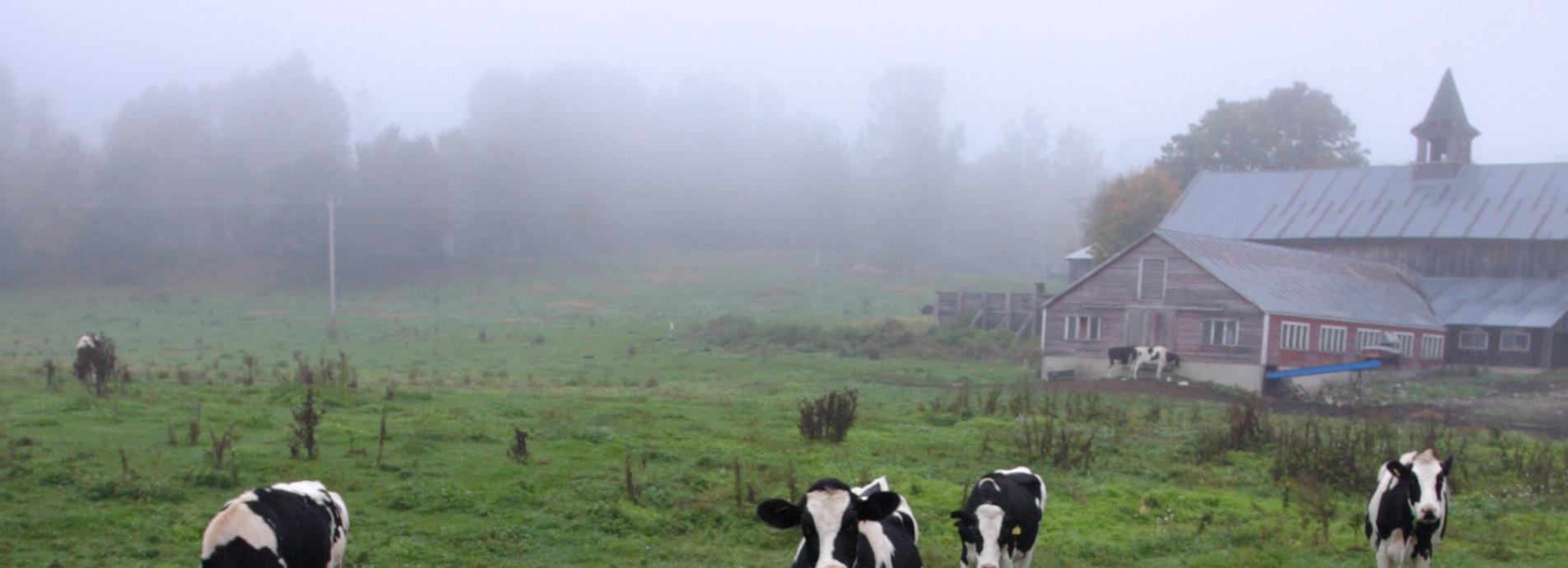As next Tuesday's Vermont primary election nears, Vermonters should know where our candidates stand on critical food and farming policy issues. Contact your candidates for state and federal office and find out their views on local food systems, water quality, genetic engineering, climate change, and more.
We've borrowed some of the the following from our friends at the Ohio Ecological Food and Farming Association (OEFFA). Read the full paper.
- (S) = State Candidate Question
- (F) = Federal Candidate Question
 Questions for federal candidates:
Questions for federal candidates:
- Seventy five percent of crop genetic diversity has been lost during the last century—a phenomenon referred to as genetic erosion. This loss of genetic diversity in plant crops and animal breeds is dangerous because it makes our food supply more vulnerable to outbreaks of pests and disease. In addition, a majority of current funding for plant and animal breeding is going toward genetic engineering rather than the traditional, non-GE breeding techniques used for centuries. Would you support increased research and investment in classical breeding to protect plant and animal diversity? (F)
- Organic and non-GE farmers can have their products rejected because of contamination by GE crops. A recent survey by Food and Water Watch found that one in three organic grain farmers has dealt with GE contamination, and half of these have had a shipment rejected by buyers due to this contamination. Do you support efforts to protect organic and non-GE farmers from the economic hardship resulting from GE contamination? (F)
- As our climate changes, farmers face increasing threats from severe weather events, drought, and higher average temperatures, which can cause major economic harm. Many organic farmers are already taking action by diversifying their crops and implementing conservation techniques, but some adaptations require significant capital investments. What will you do to support farmers who are working to adapt to climate change and reduce their carbon footprint? (F)
- Worldwide, agriculture is responsible for at least 10 percent of carbon emissions and 60 percent of nitrous oxide emissions, a powerful greenhouse gas. Much of this pollution is due to the excessive use of petrochemicals as fertilizers, pesticides, and herbicides. Given that organic and regenerative agricultural systems can have a much smaller carbon footprint, how will you help support our sustainable farming community and level the playing field with conventional agriculture? (F)
 Questions for state candidates:
Questions for state candidates:
- According to Vermont Farm to Plate, nearly $3 billion is spent on food purchases in Vermont every year. Florence Bécot, MS and Dr. David Conner of the University of Vermont collaborated with Farm to Plate to survey food system organizations and gather official data to arrive at an estimate of about $189 million (6.9%) of that total going toward local food purchases.(1) A statewide survey of independent grocers conducted by Vermont Farm to Plate's Supply and Demand Task Force found that 95% of respondents state that they would like to source more local food. Vermont also leads the national in a movement toward local food: it has the highest per capita direct agricultural products sales (i.e. from farm stands, farmers markets, and community supported agriculture) in the country. Given the importance of a strong local food system to Vermonters, what will you do to encourage state and local governments to develop local food systems throughout the state? (S)(F)
- Food processing is a major source of economic activity in the state, but lack of access to processing facilities is a limiting factor for increasing local food access and meeting strong consumer demand. What policies do you support to foster the development of local food processing and distribution infrastructure in Vermont? (S)(F) Do you support dedicating state funds for the local food economy? (S)
- Electronic Benefits Transfer (EBT) is the technology used to process 3SquaresVT benefits. For several years, the Vermont Agency of Agriculture provided replacement EBT machines and reimbursement for the monthly costs markets incur to run EBT machines. These funds ($13,500) have been very important to keeping EBT access at many of the markets in the state and this year, VAAFM had to cut these funds from their budget. This program is important both for limited-income Vermonters to access fresh, local foods and for Vermont farmers to capture some of the funds that come into the state in the form of 3SquaresVT benefits to support the viability of their farms. Would you work to ensure funding to support EBT access at farmers markets? (S)
What else do you want to know? Please send your questions for candidates to [email protected]!

